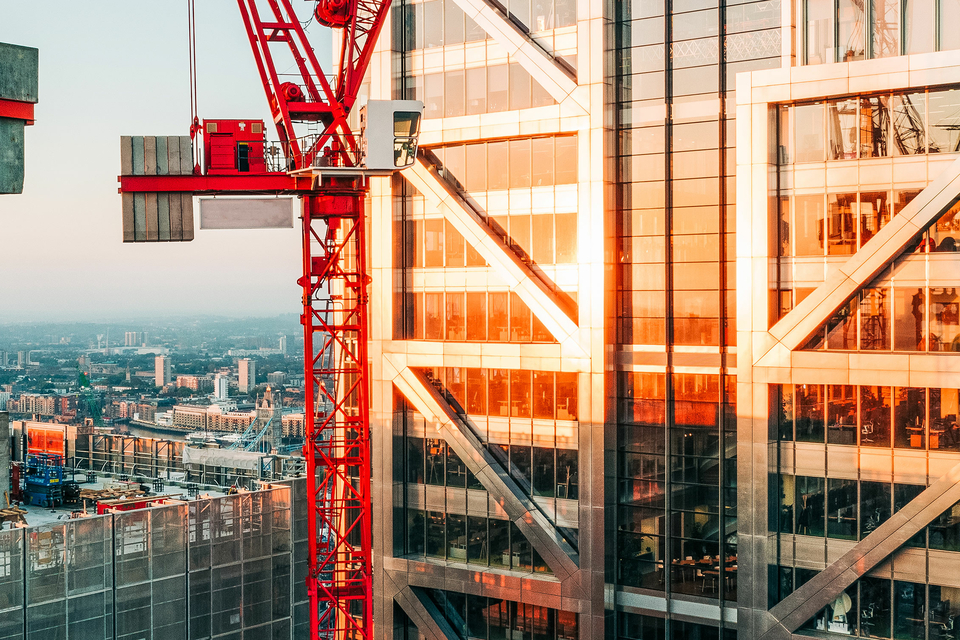Risk allocation and mitigation in energy projects
As the landscape for new energy projects evolves, parties are reassessing their appetite for risk and proactively seeking solutions to ensure success.

With an unprecedented momentum for the construction of new major projects linked to the shift away from fossil fuels and the development of a low-carbon economy, there is a real focus on construction law issues relevant to such projects
The widespread recognition of the urgent need to transition away from fossil fuels in energy systems, combined with a drive to decarbonize hard-to-abate industries, corporate and geopolitical tussles for supply chain security and market share for new green technologies, as well as various regulatory incentives and trade barriers, are collectively building unprecedented momentum for the investment in and construction of new major projects.
Such construction projects are no longer limited to wind, solar and other renewable energy; significant capital expenditure is also necessary to revolutionize heavy-emitting, fossil fuel-dependent industries such as steelmaking, alumina refining and cement production. This transformation may involve re-engineering existing plants to utilize clean energy sources and eliminate the need for coal and natural gas or adding carbon capture facilities to emitting plants.
As the transportation industry undergoes a revolution, entirely new industries are emerging, including pioneering projects for synthetic aviation fuel and gigafactories for batteries to support carbon-free mass transport. The rapid growth of the digital world, along with the current boom in Generative AI, is fueling the proliferation of data centers—one of the most energy-intensive building types—driving in turn their own need to limit electricity consumption and carbon footprint in order to achieve net-zero.
In this compendium, we take a closer look at the complexities and challenges of refurbishing and retrofitting brownfield industrial projects for a low-carbon future. We also explore methods for developing new data center projects in a more sustainable way, resulting in reduced carbon emissions.
The construction industry faces the challenge of finding appropriate and sustainable procurement and contracting structures for delivering these low-carbon projects. Many projects are of such scale or involve so many new technology risks that traditional procurement structures need to be revisited and challenged, often with the aim of better managing and sharing risks between the contracting parties, and ensuring the nurturing of new technologies.
We examine the growing use of multi-contract procurement structures in the US, and the use of collaborative contracting strategies in Australia, as well as an array of "green" contract provisions that have been introduced in FIDIC, NEC and JCT contracts to track ESG issues arising out of new construction projects.
Lastly, given that English law remains one of the dominant choices for governing major construction contracts in many jurisdictions, we conclude the compendium with an overview of the major recent developments in English construction law.
We hope you will find this compendium a useful and thought-provoking read, and look forward to exploring these themes as the landscape of major construction projects continues to evolve.
As the landscape for new energy projects evolves, parties are reassessing their appetite for risk and proactively seeking solutions to ensure success.
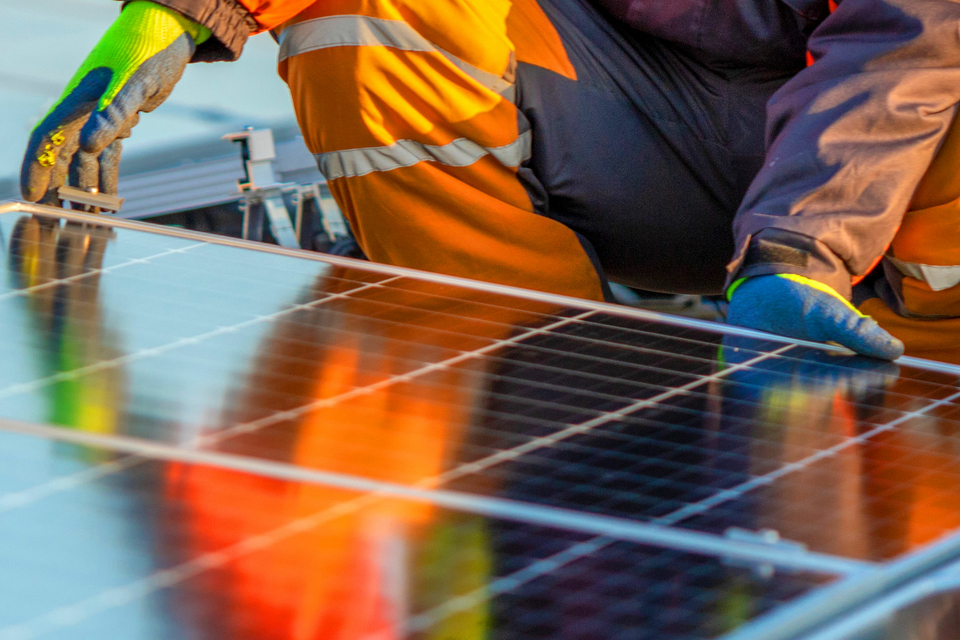
There is significant interest in investing into the rejuvenation of brownfield projects, but these projects face construction law challenges.
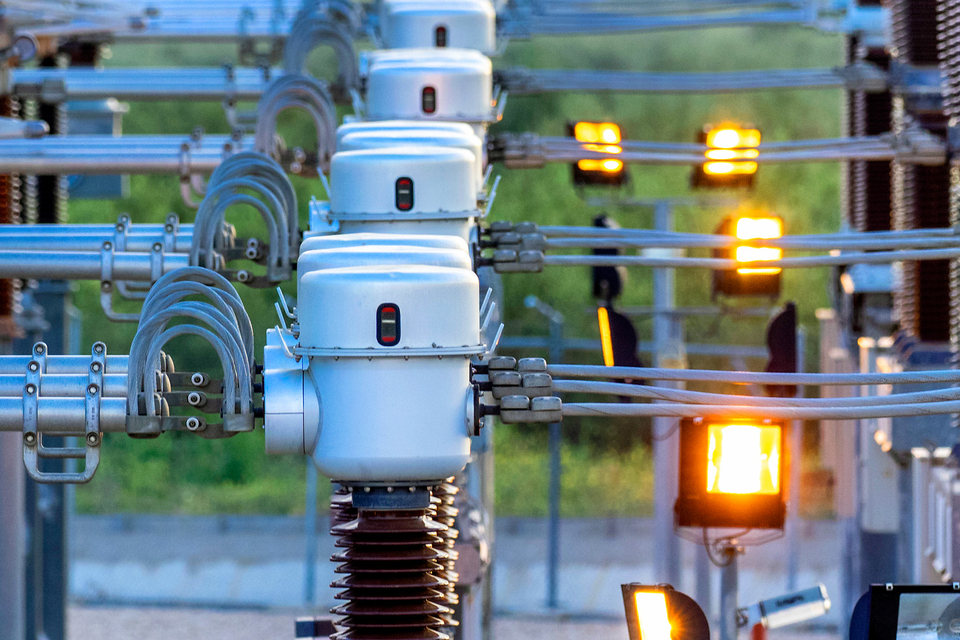
As the urgency to combat climate change escalates, the construction and engineering sectors are stepping up to the challenge. With a growing emphasis on net-zero solutions, contractual provisions tailored to sustainability are gaining momentum, highlighting a pivotal shift toward greener practices within these industries.

In recent years, escalation and price volatility have re-emerged in the global economy. The impact on large energy and infrastructure projects will be significant: Owners and contractors need to react and adapt.
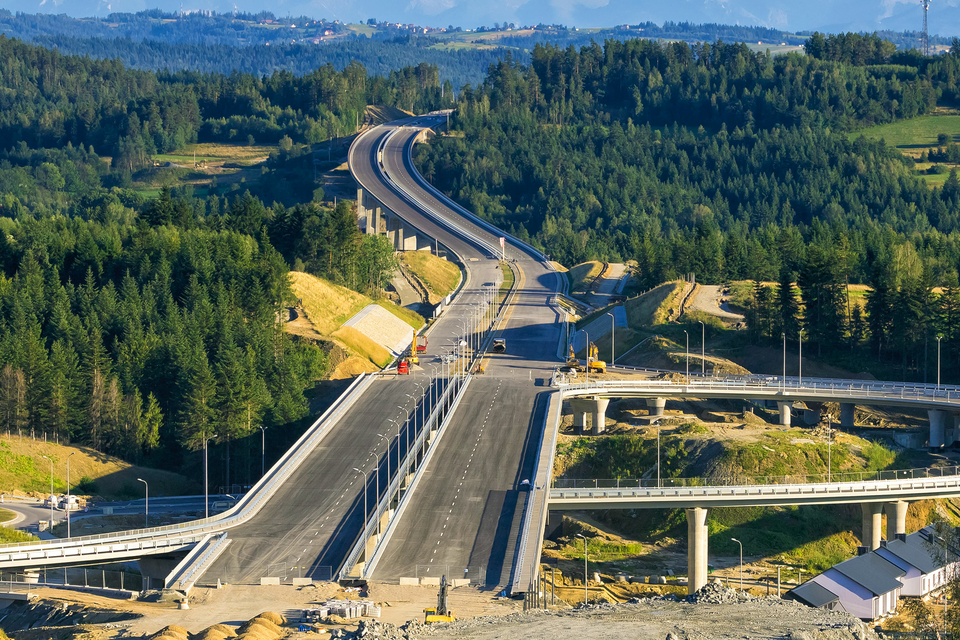
As the demand for data storage grows, so does the need for more data centers with ever-increasing capacity. We examine new ways for developers to reduce energy consumption.
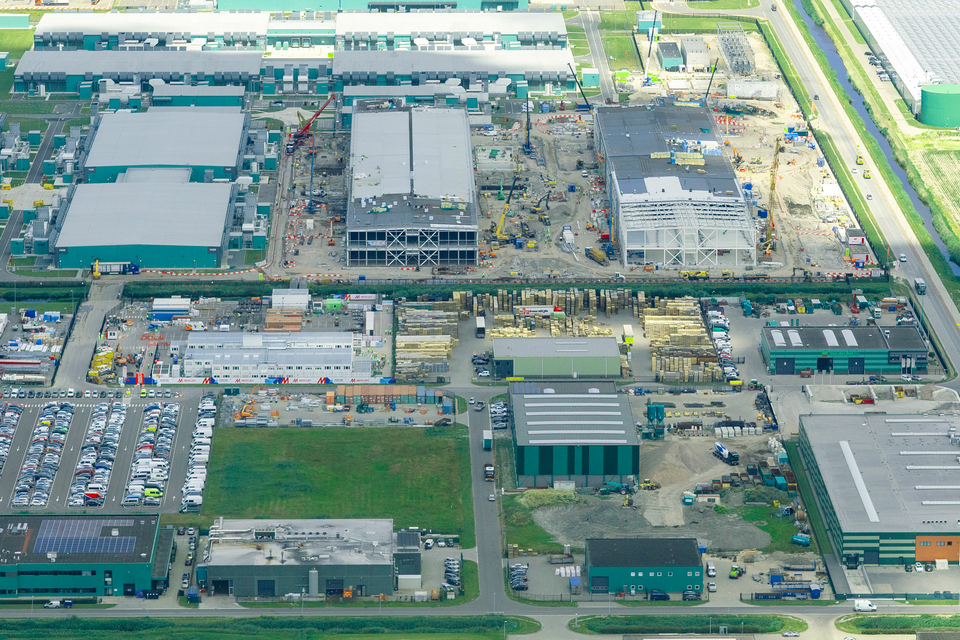
Amid the intricate landscape of Australia’s construction industry and geopolitical challenges looming large, collaborative contracting emerges as a powerful strategy for stakeholders across construction projects in Australia.
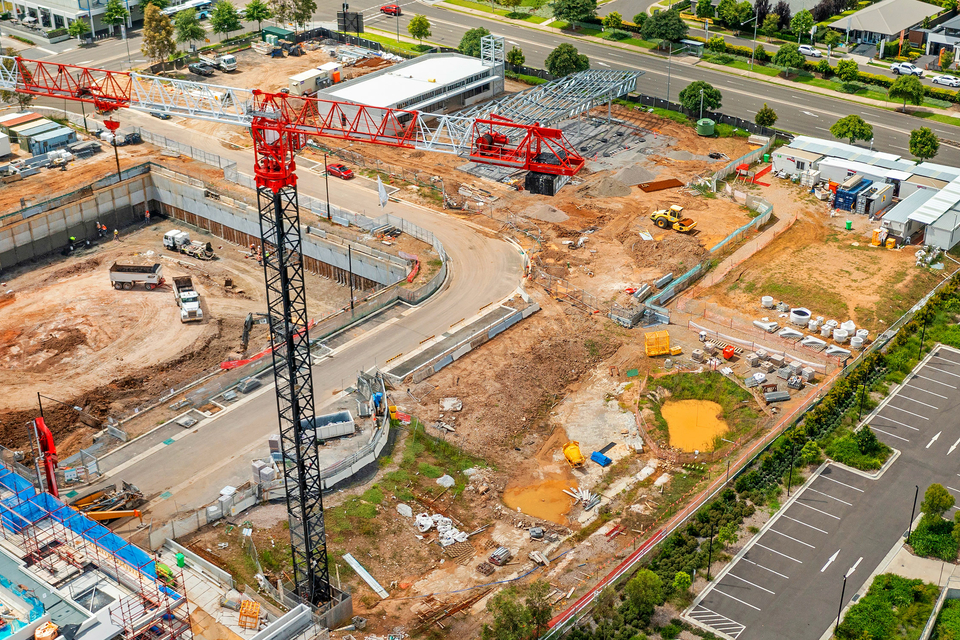
There have been a number of important developments in English construction law during the past two years, several of which relate to, or arose in the context of, building and fire safety. We examine their ramifications.
